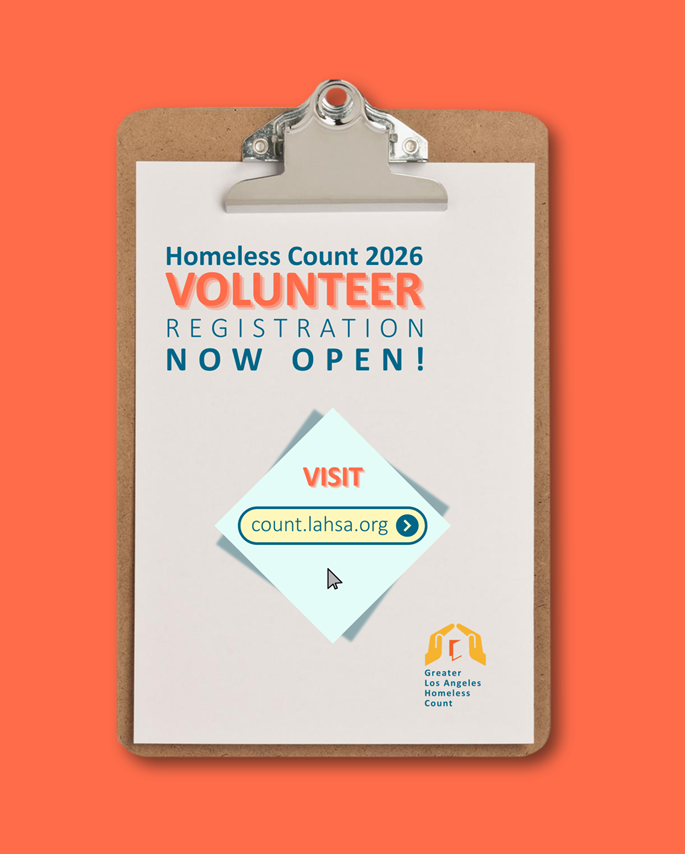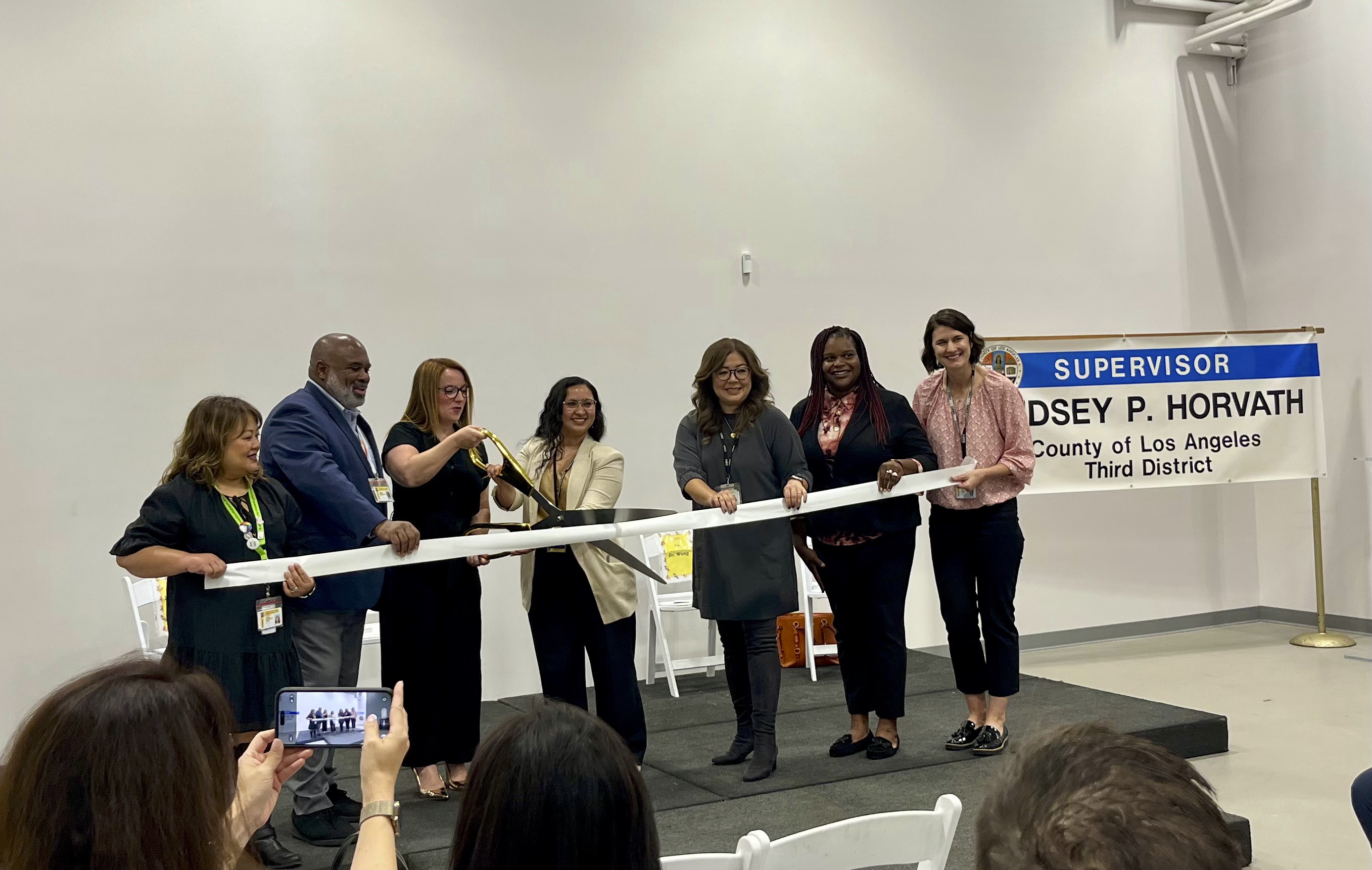Community Spotlight: Ed Ortiz–Bridging Systems, Building Solutions
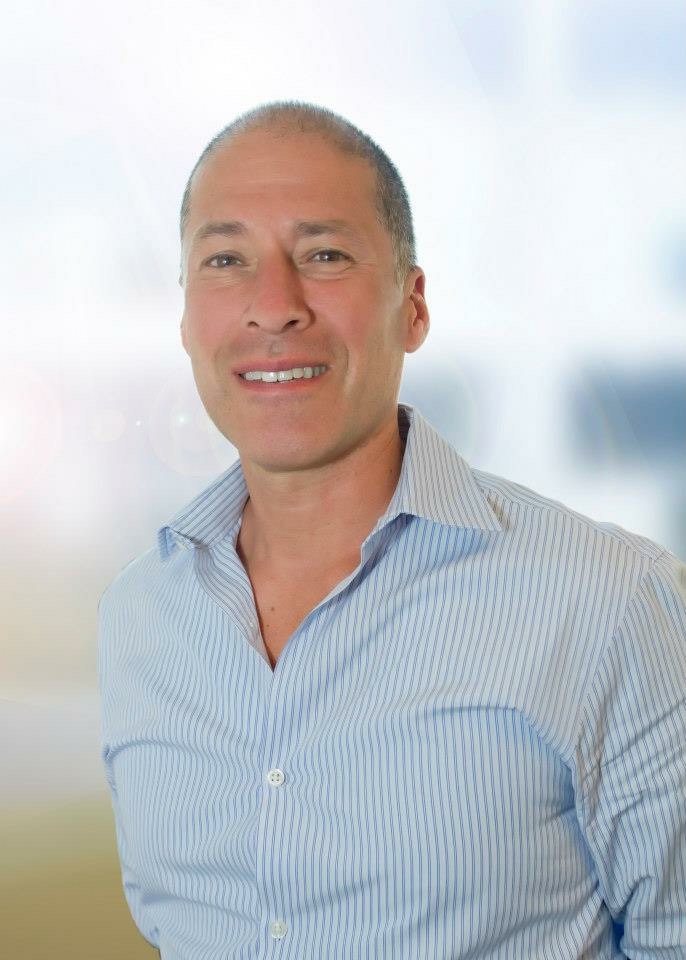
Community Spotlight: Ed Ortiz–Bridging Systems, Building Solutions
When Ed Ortiz moved to Hollywood from Napa Valley a few years ago, he wasn’t just looking for a change of scenery — he was seeking a deeper sense of place. He found that place in Hollywood, a community where problems might rise quickly to the surface, but more importantly, where people were actively working towards solutions.
Drawn by the neighborhood’s cultural vibrancy and creative spirit, Ed saw a community that offered “a remarkable intersection of creativity and compassion.” Hollywood also provided the perfect environment for Ed’s growing commitment to designing more humane, community-based systems of care to flourish.
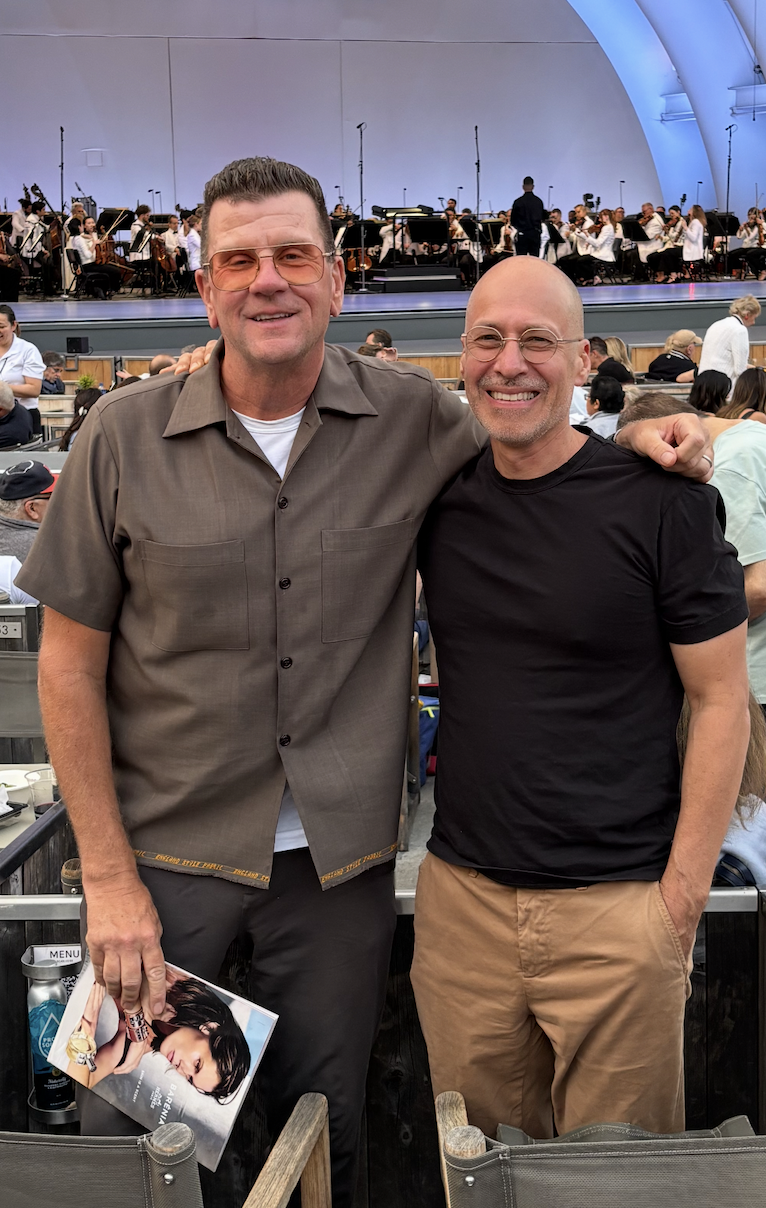
The Human Cost of Systems Failure
Ed’s drive to tackle homelessness comes from a deep concern about the structural fractures that leave vulnerable people behind. “It’s not just a housing crisis we’re facing,” Ed observes. “It’s a systems failure.”
What haunts him most is the human cost: trauma, illness, and lives cut short for lack of stable housing and support. He’s particularly troubled by how health, housing, and behavioral health systems operate in silos — forcing people to navigate a disjointed maze just to survive.
“We’ve normalized fragmented care and made it too difficult for people to get what they need, when they need it.”
Even when resources exist, Ed says, access is too often obstructed by bureaucracy, overstretched providers, and funding models that aren’t built for sustained, collaborative work. “It’s frustrating,” he admits, “to see willing partners held back by structural misalignment and a lack of flexible, sustained funding.”
Hope Through Alignment
Despite these challenges Ed remains hopeful, especially when he sees local communities aligning around a shared vision. He points to the success of the Hollywood 2.0 pilot as evidence that change is possible. “The reduction in unsheltered homelessness since H20 was launched three years ago shows that place-based collaboration, flexible housing strategies, and human-centered approaches can work.”
He’s particularly excited about the emerging Hollywood Community Hub, an ambitious new effort designed to bridge the very gaps he’s spent his career navigating. As one of the consultants hired to explore the feasibility of launching a Hub in Hollywood, Ed has a unique vantage point on what could be a game-changing resource.
“The Hub will serve as a centralized connector for resources, help accelerate access to housing and care, and create a shared infrastructure that makes it easier for organizations to work together.”
Still in early development, the Hub has the potential, Ed believes, to become a scalable model for smart, neighborhood-based responses to homelessness — the kind that genuinely reduce suffering and rebuild trust across systems.
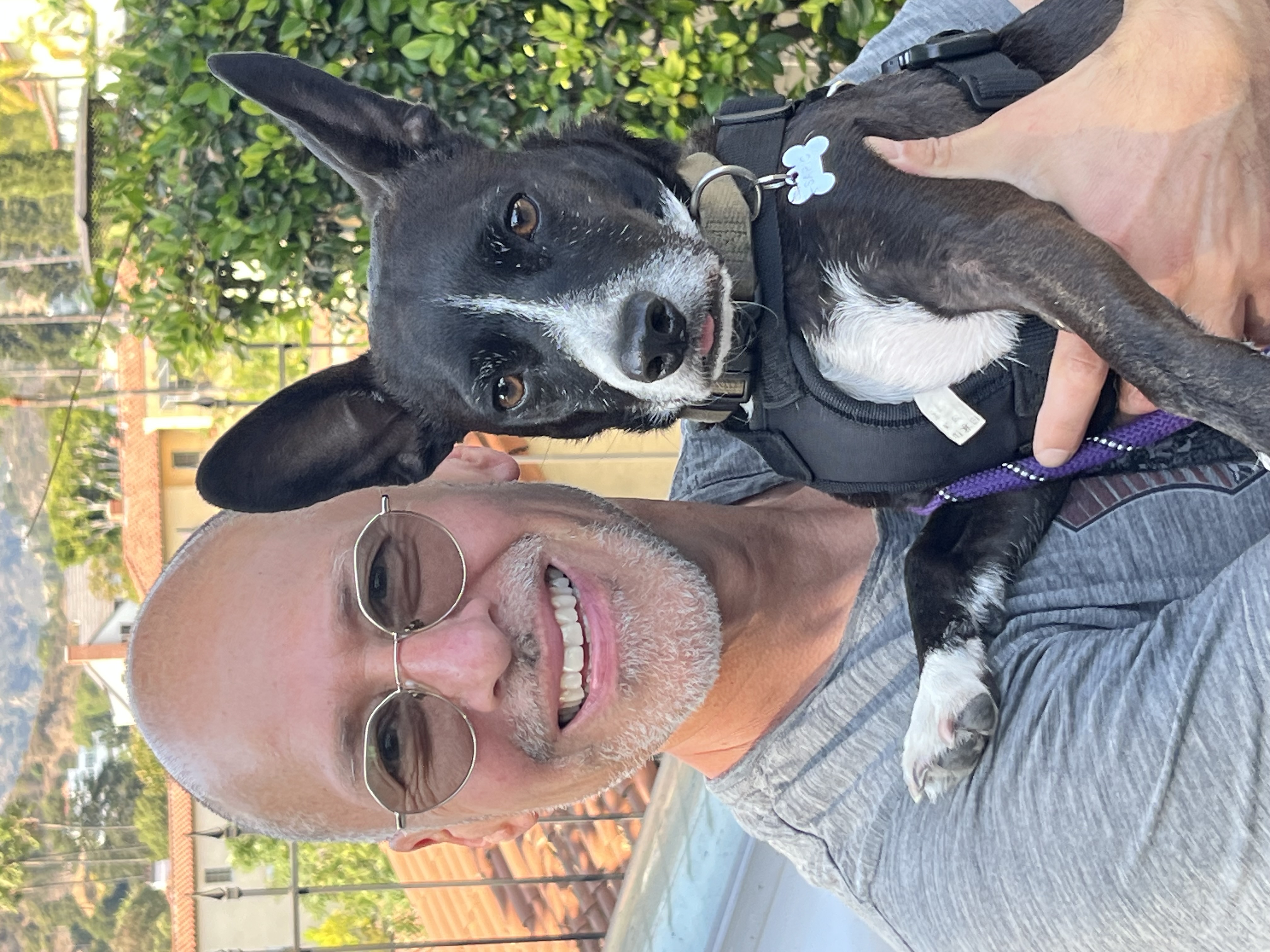
What Hollywood 4WRD Can Do
When asked what Hollywood 4WRD can do to support his efforts, Ed doesn’t hesitate.
“H4WRD can continue to be a convener and connector — bringing together partners who might otherwise remain siloed.”
He emphasizes the importance of H4WRD’s advocacy in helping community-based organizations understand and navigate evolving systems like Medi-Cal and CalAIM, especially as the healthcare sector becomes more engaged in housing as a determinant of health.
When it comes to making the community healthier and more compassionate, Ed’s priorities are clear: “We must keep advancing the idea that housing is the foundation of recovery and stability.”
To him, that means doubling down on flexible housing resources, uplifting voices with lived experience, and refusing to accept the status quo as inevitable. As Ed says, with equal parts hope and determination:
“Hollywood has the potential to be a model for how community-led efforts can reduce homelessness and rebuild trust.”
-----------------------------------------------
Additional resources:
- Community Care Hub presentation: Shared at 7/15/25 H4WRD member meeting



.svg)
